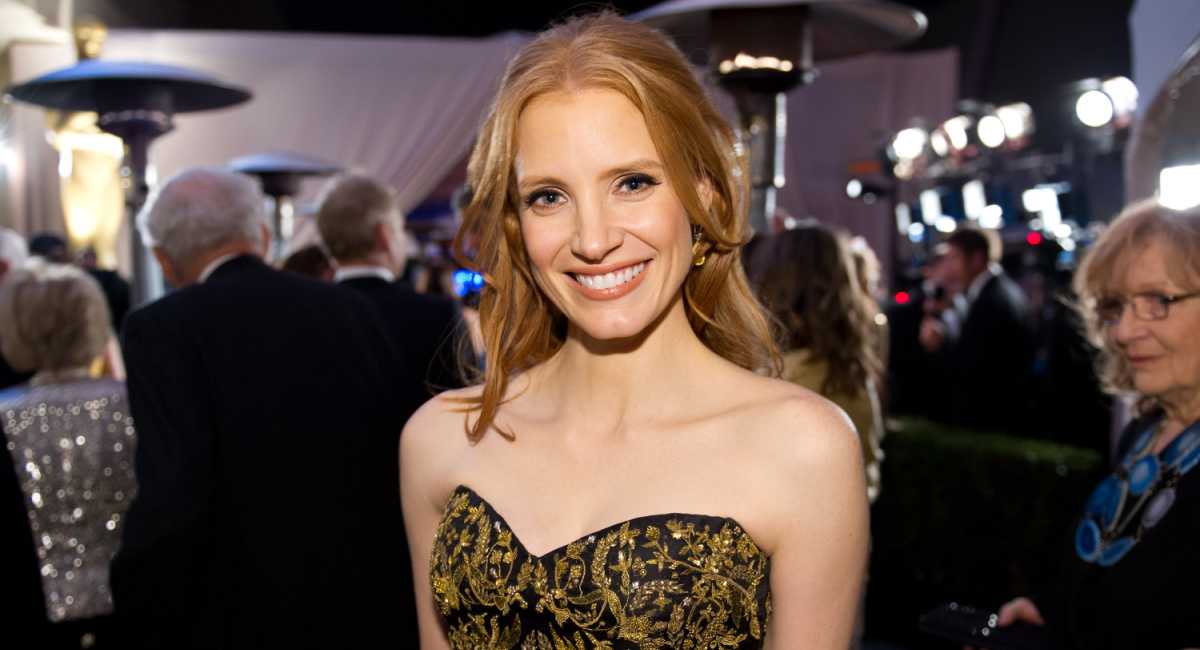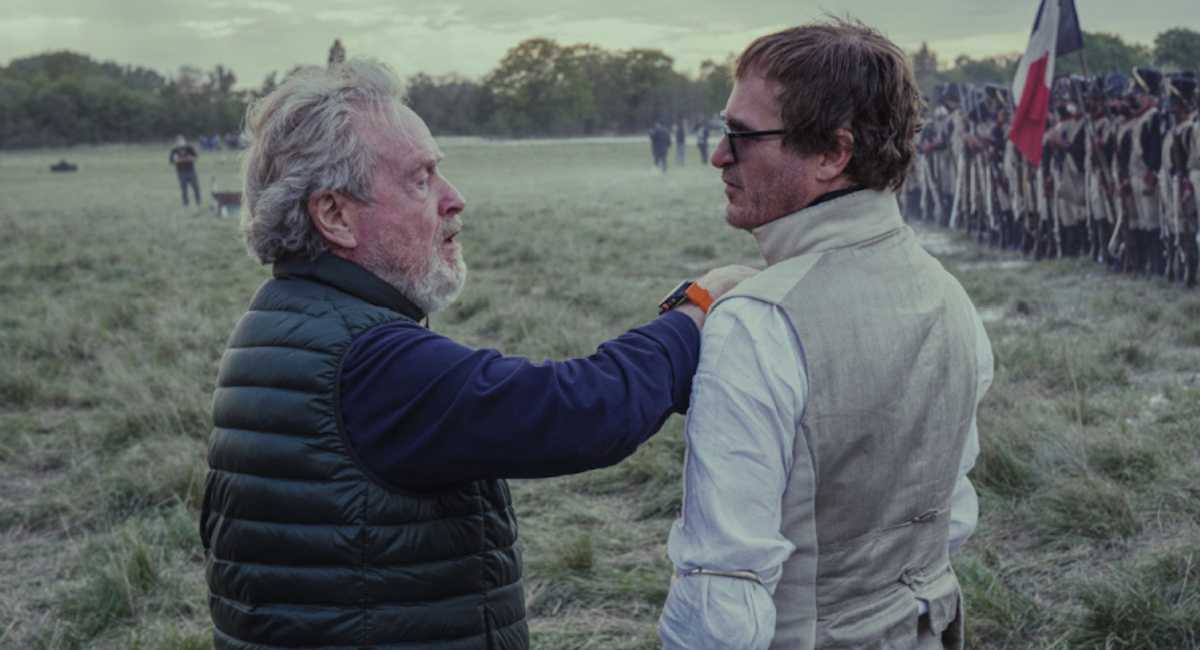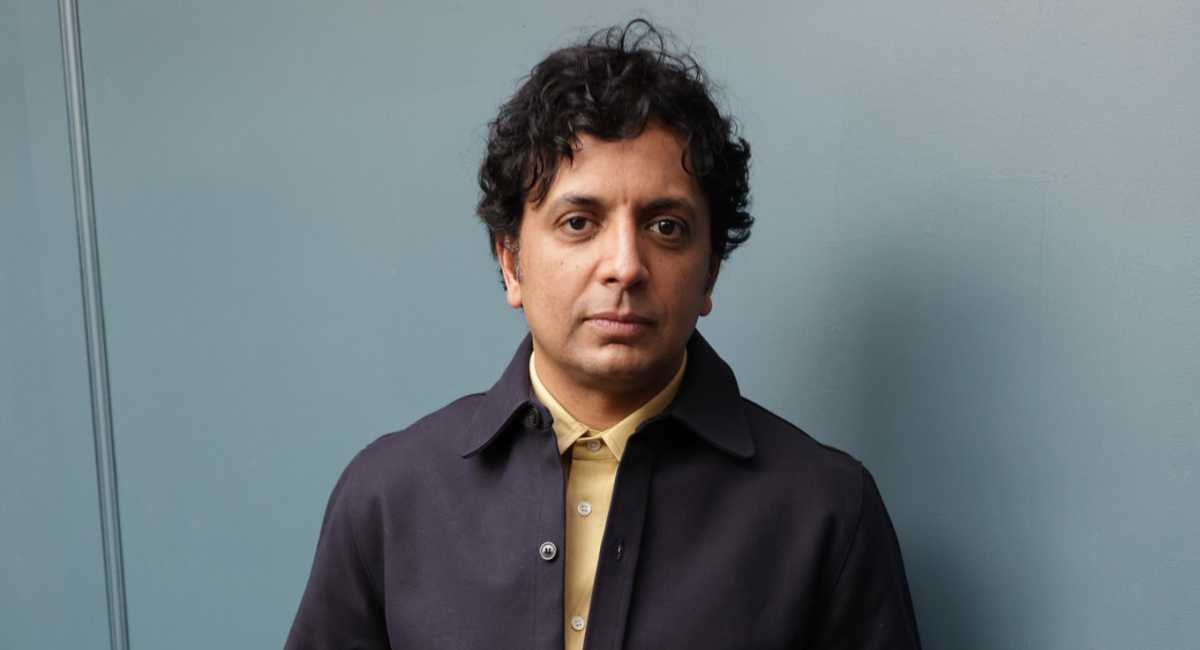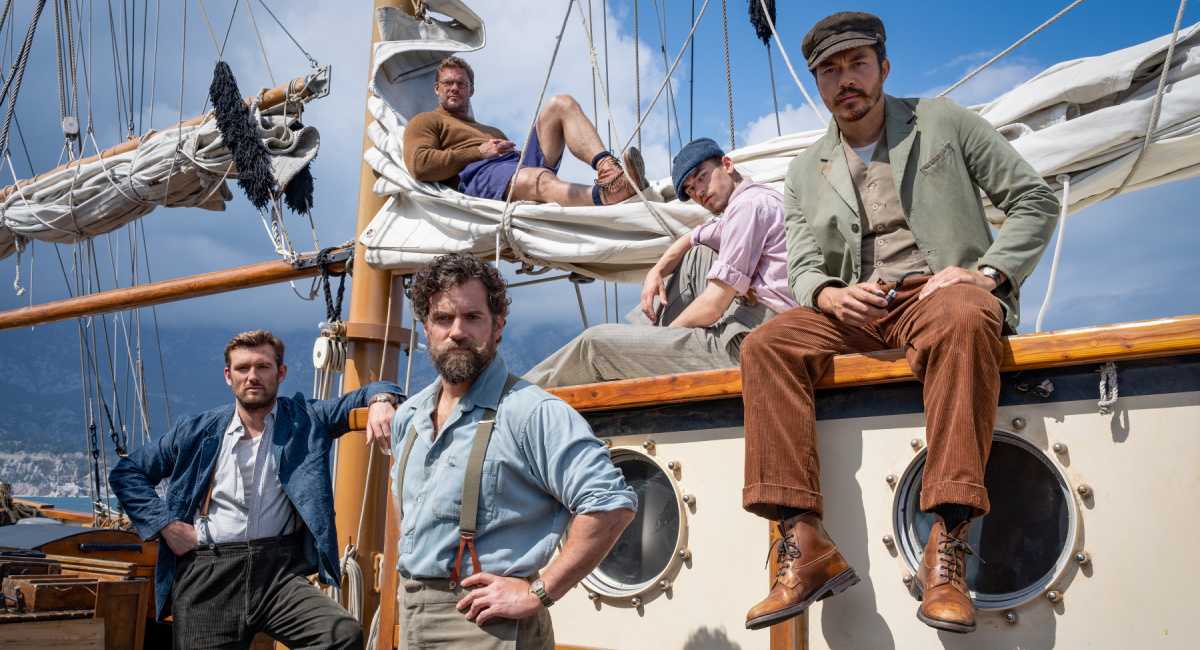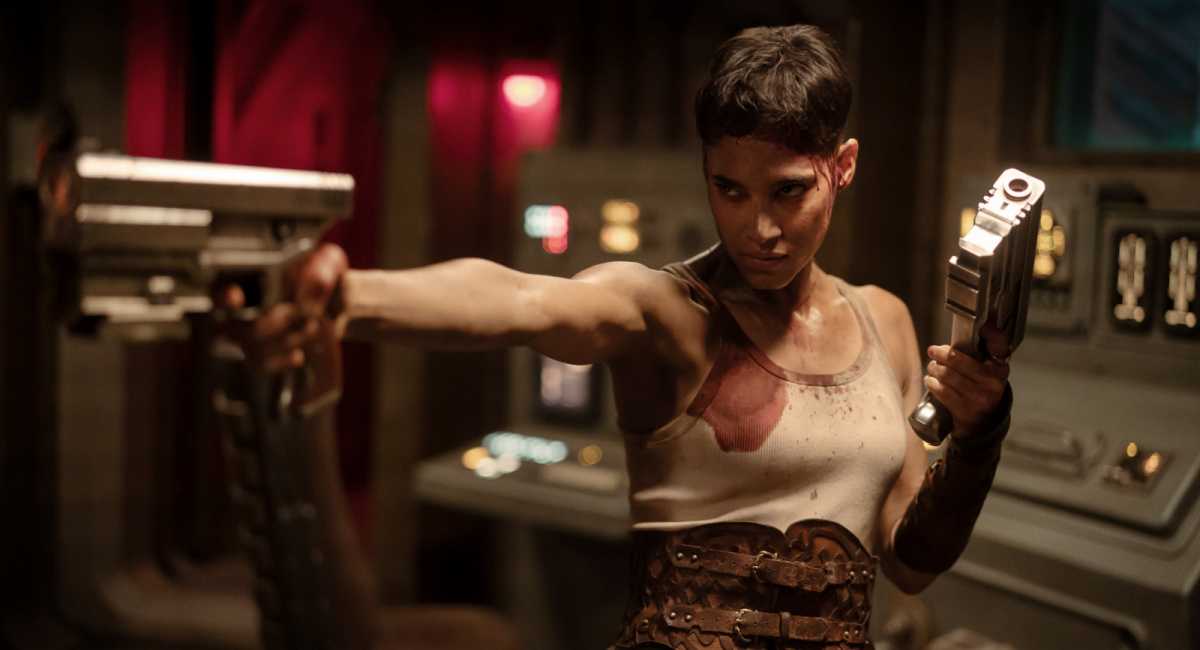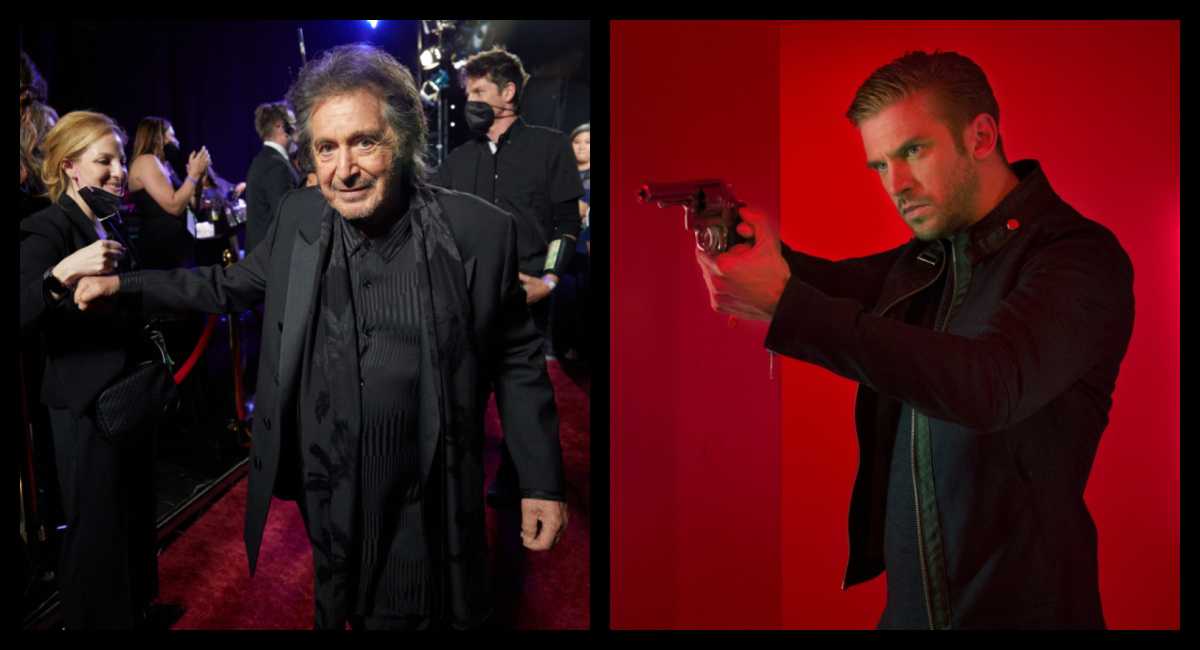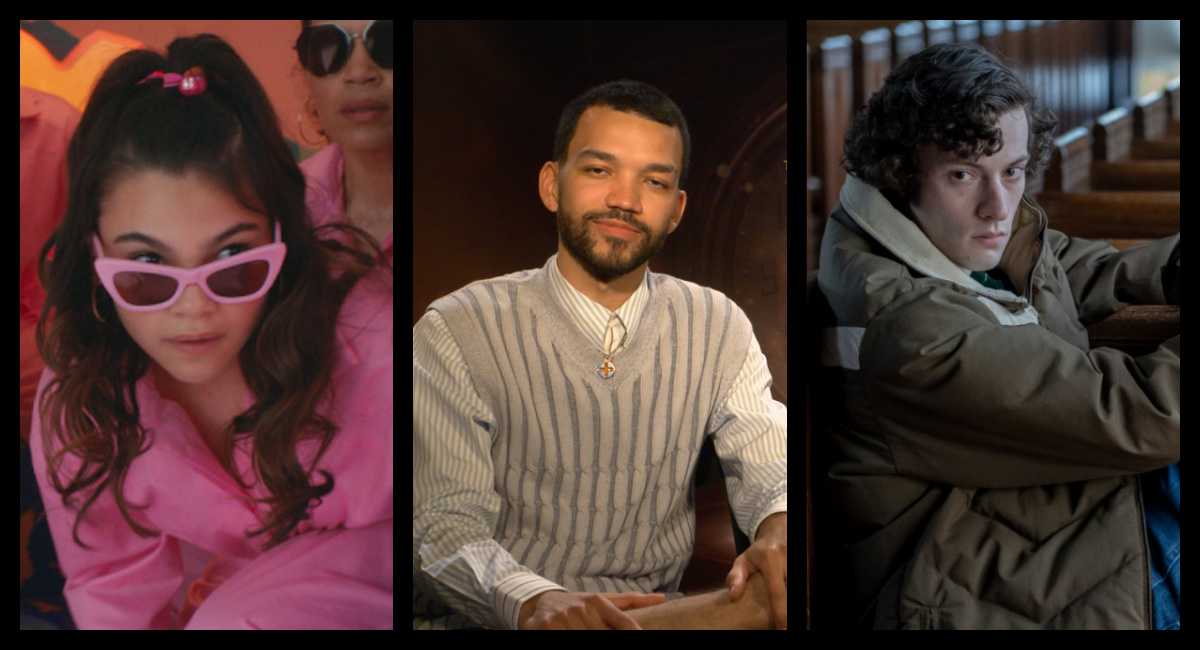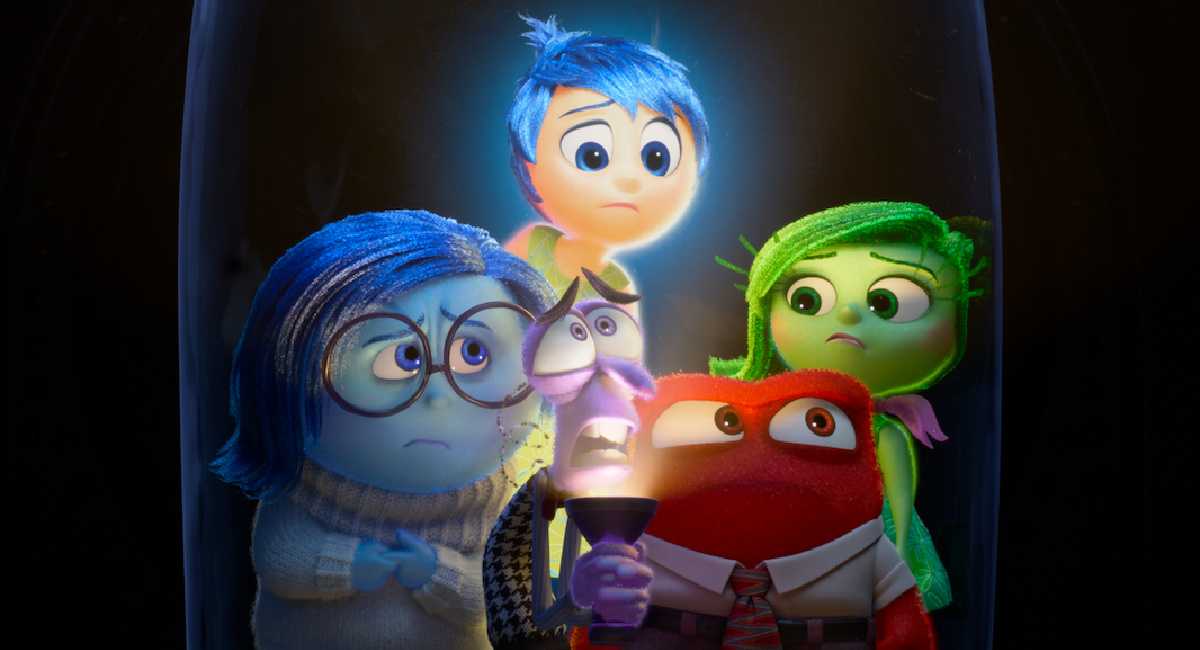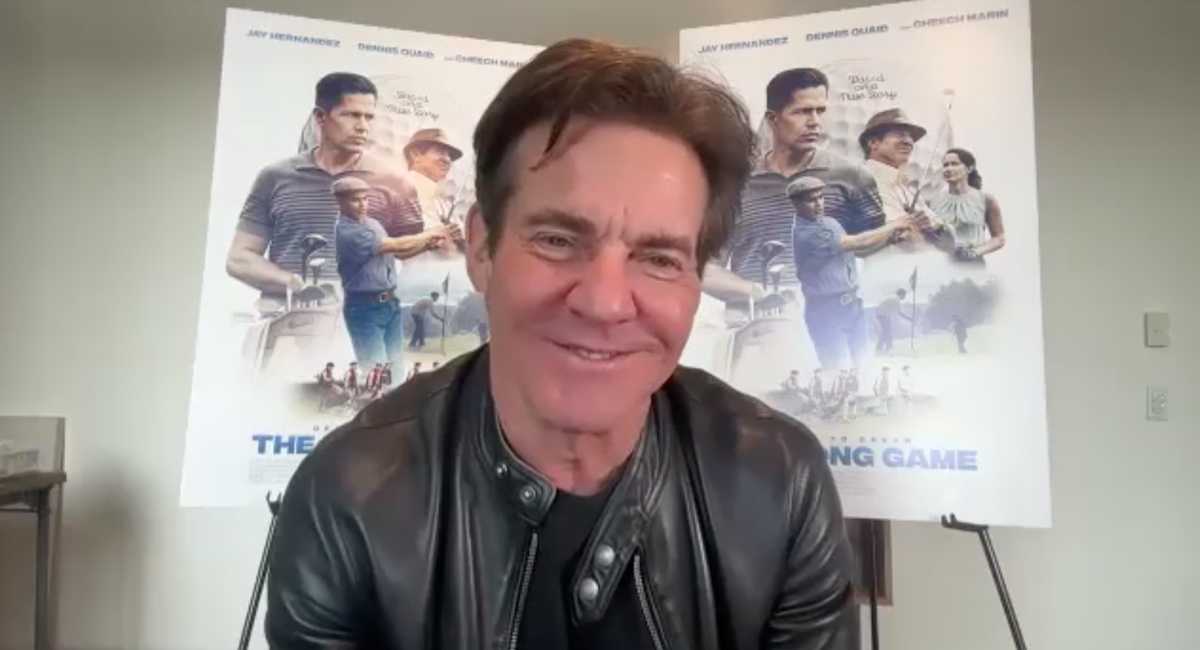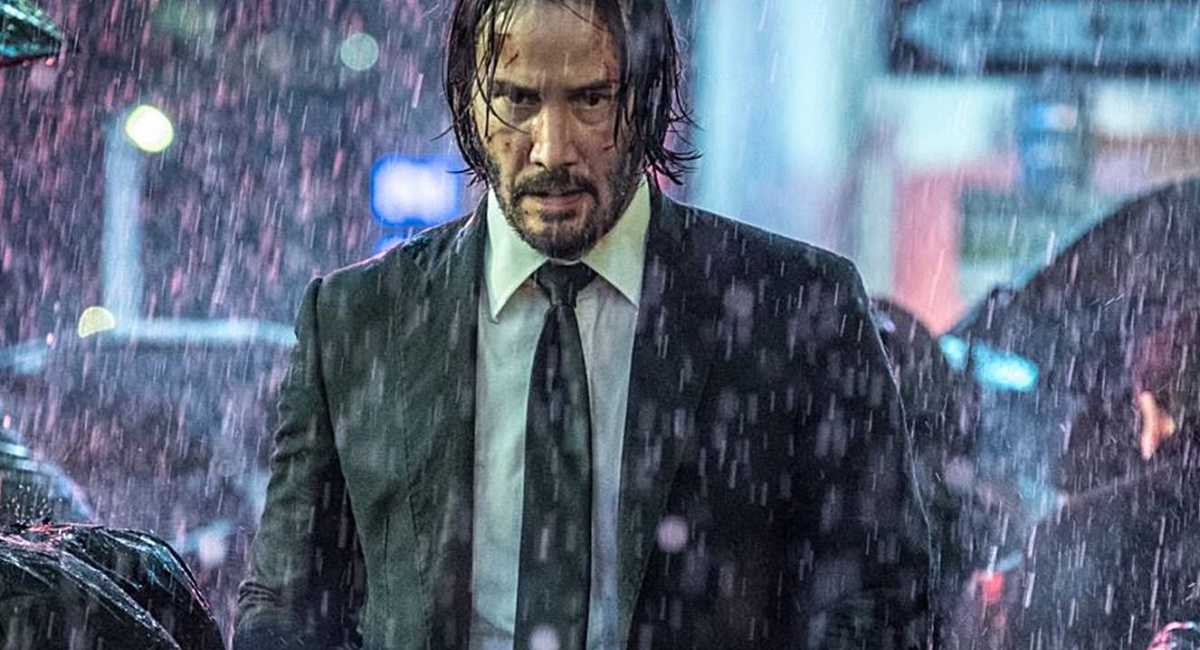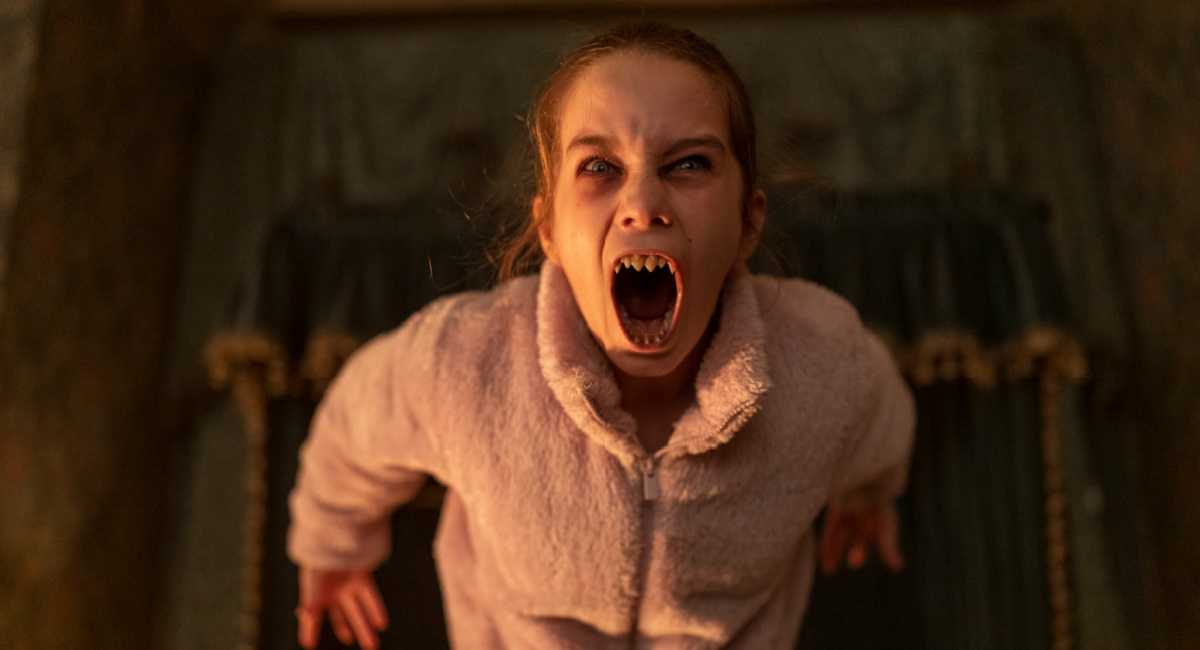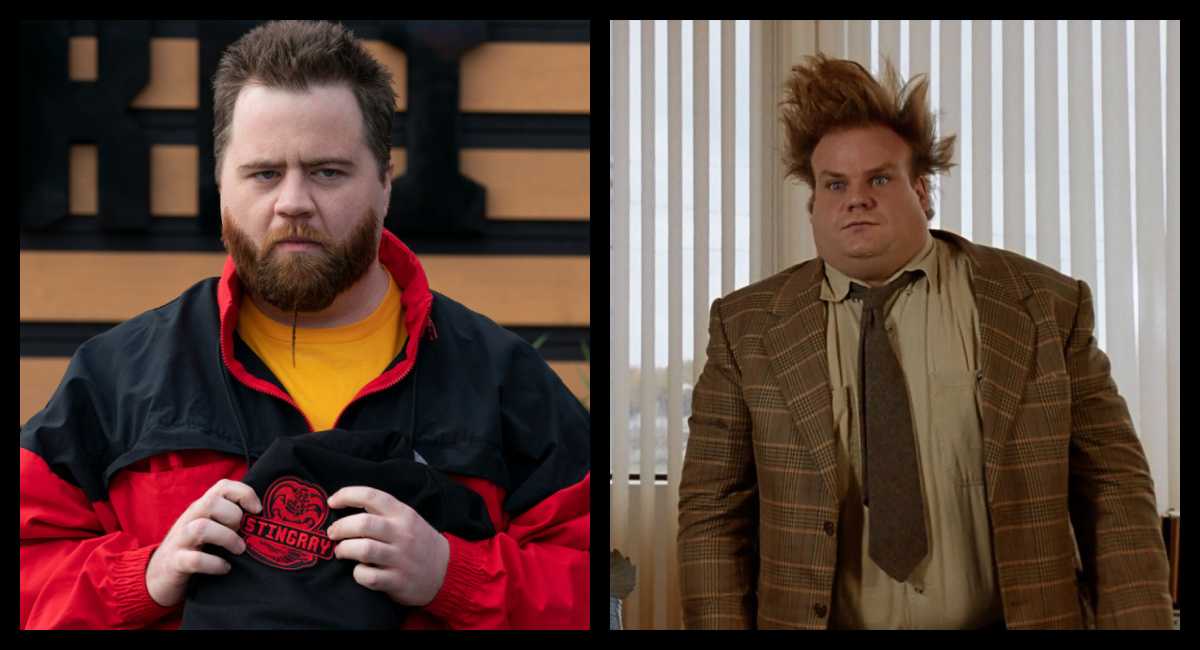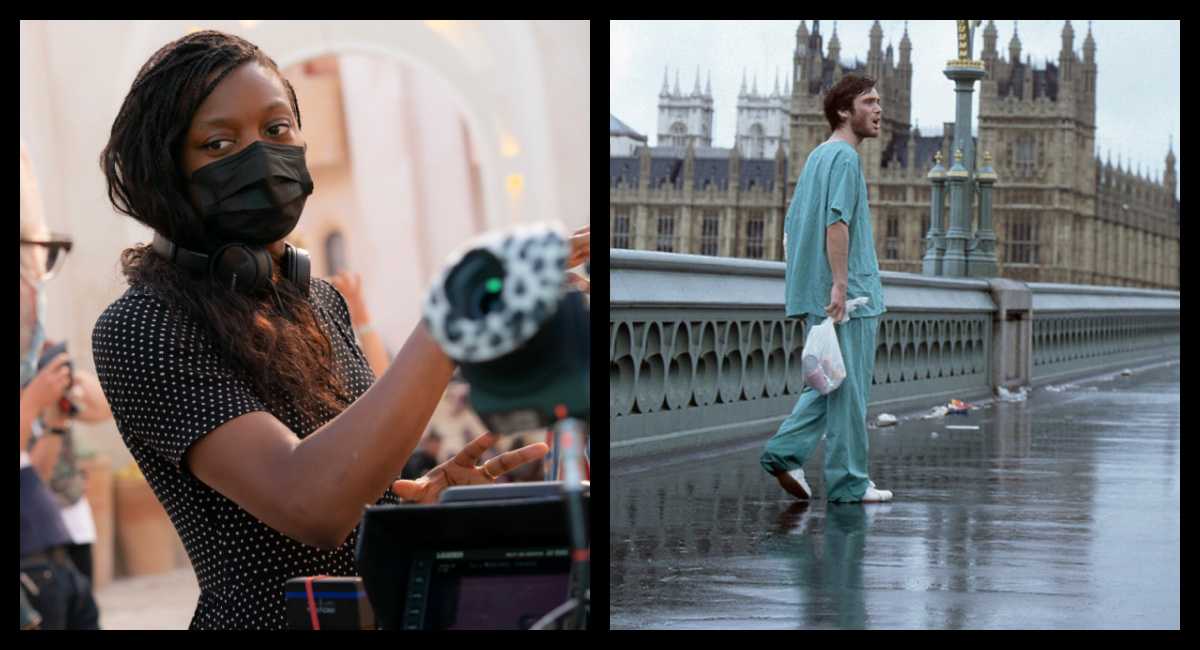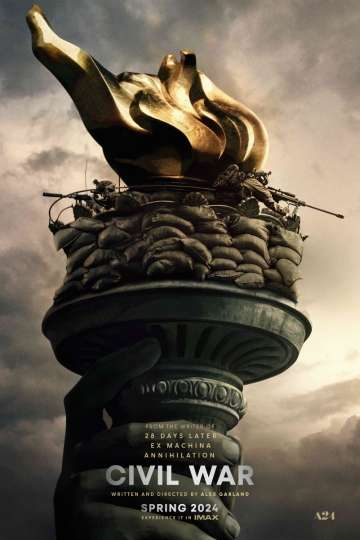7 Reasons Why 'Pan' Bombed at the Box Office
"Pan" was supposed to be a treasure chest for Warner Bros. A year ago, the $150 million reboot of the familiar children's tale, with a cast led by Hugh Jackman, looked like the launch of a new summer franchise.
Now, however, it appears that no amount of pixie dust could have lifted the movie's box office prospects, and that no amount of clapping will keep the studio's sequel hopes alive.
"Pan" sailed into theaters on a wave of bad buzz, only some of which came from negative reviews. Pundits had revised their predictions downward, expecting the movie to open in the range of $17 to $20 million. But it didn't even meet that low bar, debuting instead with just an estimated $15.5 million, premiering in third place.
So why didn't "Pan" fly? Here are seven reasons.
1. The Rescheduling
Initially, "Pan" was scheduled to open July 24. But in April, Warner Bros. decided to push it back to October 9 - citing the need for more time to finish the film's complicated special effects, and to avoid getting lost among all the other potential July blockbusters. But the rumored real reason to bump "Pan" was that the studio knew they were in trouble and needed time to do reshoots.
But delaying the release of a film, especially a big-budget, effects-driven spectacle like "Pan," always looks fishy. Industry analysts see it as a sign of trouble, that something is wrong with the film, or that the studio has lost faith in it. That speculation and skepticism usually filters down to the public, and then the movie's failure becomes a self-fulfilling prophecy. It doesn't always happen that way -- few remember now that pundits expected "Titanic" to be a flop because its initial summer release date got pushed back six months -- but it happens often enough to have generated suspicious buzz over the delay.
2. The Competition
Warner was smart enough to pick an October date, free of other wide releases. As it turns out, however, the studio might have done better just leaving it in July. The movie might still have faced stiff competition from "Minions," and more modest competition from Marvel's "Ant-Man," but the only new wide releases on July 24 were "Pixels," "Southpaw," and "Paper Towns" -- all of which underwhelmed at the box office.
This weekend, however, "Pan" had to contend with still-strong holdovers "The Martian" and "Hotel Transylvania 2." The Matt Damon sci-fi adventure was down just 32 percent from its debut last weekend, finishing atop the chart again with another estimated $37.0 million, more that twice what "Pan" made. In its third weekend, "Transylvania" finished second with an estimated $20.3 million. It's doing 14 percent better than the original "Hotel Transylvania" did at this point in its run three years ago. Plus, next week's "Goosebumps" will probably siphon off the rest of the family audience. Oh, and about that family audience...
3. The Kid Appeal
There wasn't much. Studio exit polling suggested that some 52 percent of "Pan" viewers were over 25. The movie may have been too dark for kids. Or, with its numerous old-school historical, literary, and musical references, it may have sailed over kids' heads. Grown-ups may have chuckled to hear "Pan" characters singing "Smells Like Teen Spirit," but does anyone under the age of 12 know who Nirvana was?
4. The Format
Maybe "Pan" would have done better if more viewers could have seen it in its full 3D glory. It might have generated better word-of-mouth and benefited from the surcharge. As this column noted last week, however, there's still a scarcity among theaters equipped for premium-format viewing. So "Pan" had to struggle for available 3D theaters against not just "The Martian" and "Transylvania," but also "The Walk," which opened wide this week after its limited IMAX release. So most "Pan" viewers had to settle for 2D screenings.
5. The Casting
Was it wrong for Wright to cast Rooney Mara as Tiger Lily, princess of an imaginary Indian tribe? It seems odd that there were complaints that the film didn't cast a Native-American actress to play a role that was a patronizing racial-fantasy stereotype to begin with. Indeed, according to his own explanation, Wright seems to have made the decision in order to avoid stereotyping by making no pretense to authenticity and rooting the character firmly in fantasy. Nonetheless, this decision seems to have backfired. Whether the moviegoing public cares about any of this is another story, but it certainly didn't help generate positive buzz for the movie.
6. The Reviews
The release delay and Tiger Lily controversy may have tainted the film for reviewers, but it's not like critics didn't have high hopes for this film. After all, Wright is an acclaimed art-house director ("Atonement"), and star Jackman is known for his versatility. Even so, judging by the film's dismal 23 percent on Rotten Tomatoes, reviewers were sorely disappointed. According to many of the pans of "Pan," critics found the movie overstuffed but under-thought. Aside from Jackman's hammy performance, they found it bleak, grim, and no fun -- not qualities you want in a story about a place where childhood playtime lasts forever. To the extent that older audiences (in this case, parents) still care about reviews, these really had to hurt.
7. The Concept
Are audiences really clamoring for Peter Pan retellings? Movies inspired by J.M. Barrie's characters have a hit-or-miss record at the box office. (See Steven Spielberg's "Hook," which grossed $119.7 million domestically despite tepid reviews.) The 2003 live-action "Peter Pan" earned raves but grossed just $48.5 million in North America, less than half its $100 million budget.
Given that mixed track record, it was a risk for Warner Bros. to go ahead with "Pan" in the first place, especially in creating a new backstory for a character that never needed one. No doubt the studio hoped to launch a new series of Peter Pan adventures. That might still happen, if foreign grosses are good enough. After all, overseas viewers tend to be more appreciative of movies that offer more visual spectacle than narrative coherence. So far, however, foreign grosses have been weak (just $3.8 million).
So it's looking like Warners gambled $150 million on an awfully big misadventure.



